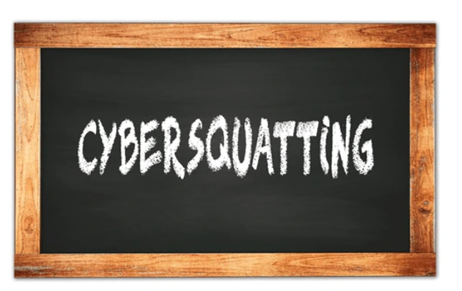Artificial intelligence has a wide range of effects, including on intellectual property law. At best…
Willful Ignorance Cannot Be Considered As A Defense In An Infringement Suit
Luxottica Group is an Italian corporation having a registered office in Washington. The company is involved in the business of Luxury eyewear manufacturers and is holding registered trademarks. The company brought a contributory trademark infringement action under the Lanham Act against Airport Mini Mall, which owned discount mall whose subtenants were selling counterfeit eyewear, mall’s owners, mall’s manager, landlord, and landlord’s property manager. The defendants have appealed in the United States Court of Appeals of the Eleventh Circuit, after their petition was rejected in the United States District Court for the Northern District of Georgia.

Luxottica then sued the defendants for contributory trademark infringement under S. 32 of the Lanham Act, 15 USC S 1114. The District Court denied the defendant’s motions and after an 11-day trial, the jury returned a special verdict holding all defendants liable for contributory trademark infringement and assessing $100,000 in damages for each infringed trademark, totaling $1.9 million in damages.
The Court of Appeals affirmed the district court on each issue appealed. The district court correctly determined that the evidence was sufficient, also the District Court committed no reversible error in instructing the jury. Firstly, the Court of Appeals stated that Luxottica presented sufficient evidence to sustain the Jury’s verdict on contributory trademark infringement. Under the Lanham Act, the owner of a registered trademark may hold someone contributorily liable for trademark infringement if that person induces the infringement. The defendants argued that the District Court should have followed the reasoning of another case that they believe imposed a tougher knowledge requirement for contributory trademark infringement claims. The defendants argued that the evidence was insufficient. The Court of Appeals however disagreed from the point of view of the defendants and stated that the evidence was sufficient to support the verdict of the jury because the defendants had at least constructive knowledge of their subtenants’ direct infringement.
Secondly, the Court of Appeals decided on the liability of the landlord for contributory trademark infringement. The defendants in this case supplied services like space, utilities and parking that facilitated the direct infringers’ sale of counterfeit goods. In this case the defendants do not contest that contributory trademark infringement cause of action may be applied to the landlord-tenant context. Therefore, the Court of Appeals assumed without deciding that a landlord may be contributorily liable for the tenants’ direct trademark infringement while supplying a service (like space, utilities or maintenance) that facilitates it.
Lastly, the Court of Appeals stated that the evidence was sufficient to prove that the defendants had at least constructive knowledge of specific acts of infringement. Pursuing a knowledge theory of contributory trademark infringement, Luxottica sought to prove that the defendants knew or had reason to know that their subtenants were selling counterfeit items yet continued to supply services that enabled the subtenants to sell their goods. The question that arises in front of the court is that whether the knowledge theory of contributory liability requires the plaintiff to prove that the defendant had actual or constructive knowledge of specific infringing acts. The Court opined that they need not to answer this question, however, because even if liability for contributory trademark infringement requires the defendant to have knowledge of specific acts of direct infringement, the evidence in this case was sufficient for a reasonable jury to find that the defendants had at least constructive knowledge of specific acts of direct infringement by their subtenants.
Conclusively, the Court of Appeals affirmed the decision given by the District Court stating that, “the District Court made no reversible error regarding any of the issues the defendants submitted for their review”.
Author: Saransh Chaturvedi an associate at IIPRD, in case of any queries please contact/write back to us via email saransh@iiprd.com



